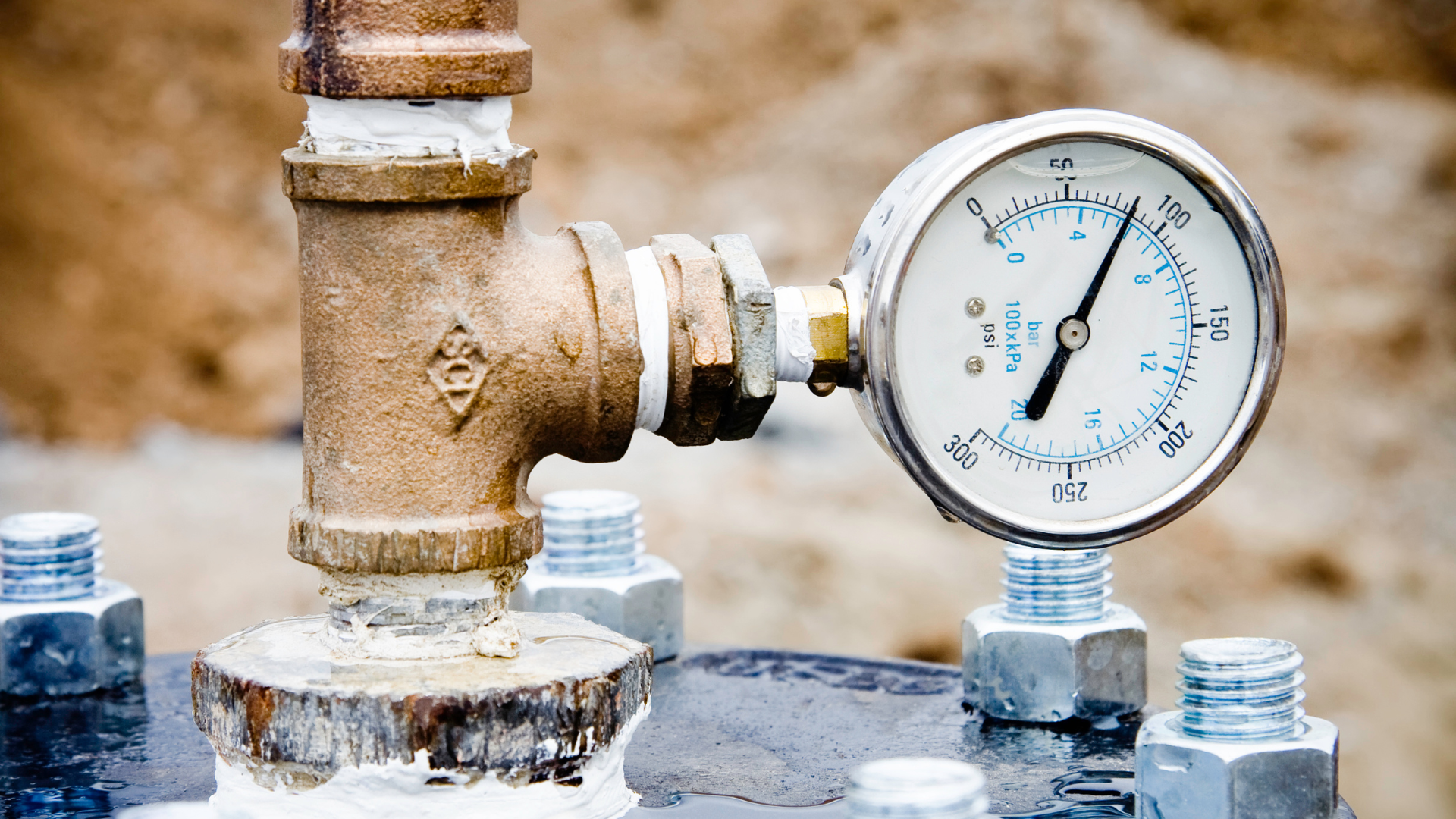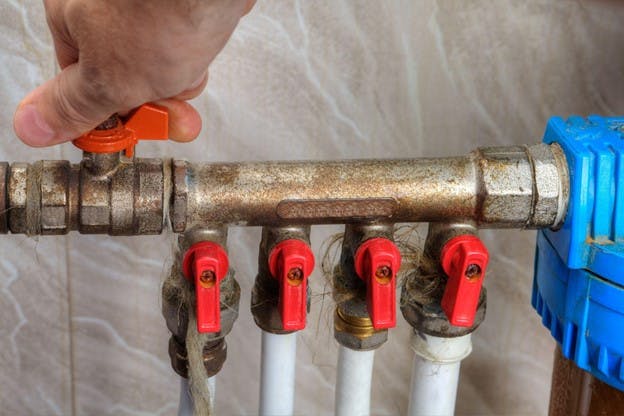They are making several great points on Low Water Pressure in the House? as a whole in this great article below.

Low water stress in your house can be a discouraging problem, affecting every little thing from bathing to cleaning dishes. If you're experiencing weak water circulation, there are several possible causes and services to discover. In this overview, we'll talk about usual factors for low tide stress and sensible steps to resolve the problem efficiently.
Intro to Low Water Stress
Low water pressure happens when the circulation of water from your faucets, showers, and other fixtures is weaker than common. This can make day-to-day tasks extra difficult and much less reliable. Understanding the causes of low water pressure is essential to locating the appropriate option.
Common Reasons For Low Tide Pressure
Pipe Obstructions
Over time, pipes can end up being clogged with natural resource, sediment, or particles, restricting the circulation of water. This is a common problem in older homes with galvanized steel pipes.
Deterioration
Deterioration within pipelines can lead to leakages and reduced water pressure. Rust build-up can tighten water flow, specifically in aging plumbing systems.
Faulty Stress Regulators
Pressure regulatory authorities are accountable for keeping consistent water stress in your house. If they malfunction, it can result in low tide pressure or irregular circulation throughout the house.
Community Water Supply Issues
Often, the issue lies outside your home. Metropolitan water system issues, such as main line leakages or upkeep work, can temporarily lower water stress in your location.
Just How to Identify Low Tide Pressure
Examining Taps and Fixtures
Begin by testing the water stress at different faucets and components throughout your home. If the issue is isolated to details areas, it may suggest localized problems.
Examining Pipelines
Evaluate noticeable pipes for indications of leaks, corrosion, or clogs. Take notice of any type of unusual sounds, such as banging or rattling pipes, which might show problems within the plumbing system.
Consulting with a Plumber
If you're unable to pinpoint the root cause of low water pressure, take into consideration employing an expert plumber to perform a complete assessment. They can determine underlying issues and suggest ideal solutions.
DIY Solutions to Fix Low Water Stress
Cleaning Aerators and Showerheads
Natural resources can gather in aerators and showerheads, reducing water circulation. Get rid of and clean up these elements routinely to boost water pressure.
Flushing Water Heater
Sediment accumulation in the hot water heater can limit circulation and reduce performance. Purging the container regularly assists get rid of debris and keep optimum efficiency.
Checking Stress Regulatory Authority
Guarantee that the pressure regulatory authority is working properly. Changing or replacing the regulatory authority can aid recover proper water pressure throughout your home.
Clearing Up Clogs in Pipes
For small blockages, attempt utilizing a plumbing snake or chemical drainpipe cleaner to clear obstructions in pipelines. Be cautious when using chemicals and comply with safety guidelines.
When to Call an Expert Plumber
If DIY efforts stop working to deal with the problem or if you think substantial plumbing troubles, it's ideal to seek help from a certified plumber. They have the competence and devices to deal with complicated issues safely and effectively.
Safety Nets to Maintain Water Pressure
Routine Upkeep
Set up regular upkeep for your plumbing system to avoid concerns such as corrosion, leakages, and obstructions. Resolving minor issues early can aid avoid more considerable repair services later.
Mounting a Stress Booster
Consider setting up a stress booster pump to improve water pressure in areas with continually reduced flow. This can be particularly valuable for multi-story homes or residential or commercial properties with high-demand components.
Monitoring Water Usage
Bear in mind water usage behaviors and stay clear of overtaxing the plumbing system. Straightforward adjustments, such as incredible showers and washing tons, can assist preserve adequate water stress.
Verdict
Handling low water pressure can be irritating, however identifying the underlying reasons and carrying out appropriate remedies can recover optimal flow throughout your home. Whether it's cleaning aerators, inspecting pipelines, or consulting with a plumber, taking proactive actions can make sure a stable supply of water for your day-to-day demands.
FOUR WAYS TO FIX LOW WATER PRESSURE NOW
Turning on a shower or faucet only to find the water comes out in a sad, slow drizzle is never a good feeling. How exactly are you supposed to wash a pan or take a quick shower when it takes 10 minutes just to rinse off a little soap? The good news is that when your water pressure is bad, there's always a cause: typically one that can be easily fixed. Here are some of the most common causes of low pressure and what you can do to fix the issue:
DEBRIS AND MINERAL DEPOSIT BUILDUPS
If you notice low water pressure from just one or two of the fixtures in your house, the problem likely has to do with debris buildup. Water is full of minerals and other debris, all of which can accumulate in your pipes and on your fixtures. This can cause a blockage that affects how much water flows through. To fix this, try filling a small plastic bag with white vinegar, and use a rubber band to hang it around your showerhead or faucet. Let the head of the fixture soak for a few hours, and the vinegar should loosen the deposits.
WATER LEAKS
Leaks are another common cause of low water pressure. If water is flowing out of your plumbing through a hole or crack before it can reach your fixture, the pressure coming out of the faucet or showerhead will be lower. A plumbing professional is your best bet for finding and repairing a leak in your water supply pipes.
Leaks are another common cause of low water pressure. If water is flowing out of your plumbing through a hole or crack before it can reach your fixture, the pressure coming out of the faucet or showerhead will be lower. A plumbing professional is your best bet for finding and repairing a leak in your water supply pipes.
FOUR WAYS TO FIX LOW WATER PRESSURE NOW
Turning on a shower or faucet only to find the water comes out in a sad, slow drizzle is never a good feeling. How exactly are you supposed to wash a pan or take a quick shower when it takes 10 minutes just to rinse off a little soap? The good news is that when your water pressure is bad, there's always a cause: typically one that can be easily fixed. Here are some of the most common causes of low pressure and what you can do to fix the issue:
DEBRIS AND MINERAL DEPOSIT BUILDUPS
If you notice low water pressure from just one or two of the fixtures in your house, the problem likely has to do with debris buildup. Water is full of minerals and other debris, all of which can accumulate in your pipes and on your fixtures. This can cause a blockage that affects how much water flows through. To fix this, try filling a small plastic bag with white vinegar, and use a rubber band to hang it around your showerhead or faucet. Let the head of the fixture soak for a few hours, and the vinegar should loosen the deposits.
WATER LEAKS
Leaks are another common cause of low water pressure. If water is flowing out of your plumbing through a hole or crack before it can reach your fixture, the pressure coming out of the faucet or showerhead will be lower. A plumbing professional is your best bet for finding and repairing a leak in your water supply pipes.
Leaks are another common cause of low water pressure. If water is flowing out of your plumbing through a hole or crack before it can reach your fixture, the pressure coming out of the faucet or showerhead will be lower. A plumbing professional is your best bet for finding and repairing a leak in your water supply pipes.
A VALVE ISSUE
If you have low water pressure throughout your home, check your main shut-off valve to make sure it's completely open. You may also want to see if there's a pressure-reducing valve installed. If there is, have a plumber help you adjust the settings to get the pressure you're looking for.
OTHERS USING WATER
Believe it or not, your low water pressure could be caused by your neighbors. If you notice low pressure at certain times of day, it may be because you and the people living next to you have similar schedules - when everyone is showering at the same time, the pressure will be lower in every home. Low pressure throughout the neighborhood may also be caused by an issue with your municipal water supply. If that's the case, call the supplier to see if they're working on the issue.
https://www.rotorooter.com/blog/water-leaking/low-water-pressure-fixes/

We hope you enjoyed reading our section about Dealing with Low Water Pressure in Your Home. Many thanks for taking time to read our piece of content. Sharing is nice. Helping others is fun. Thanks a bunch for being here. Return soon.
Browse Website